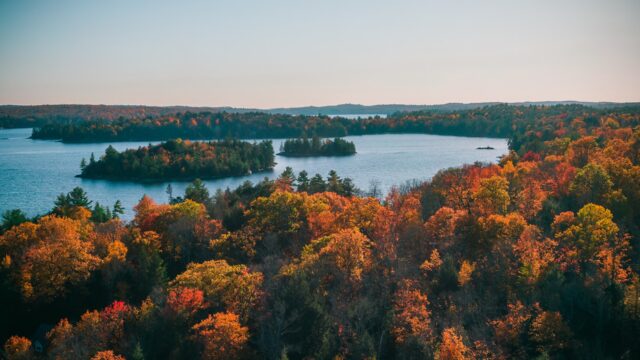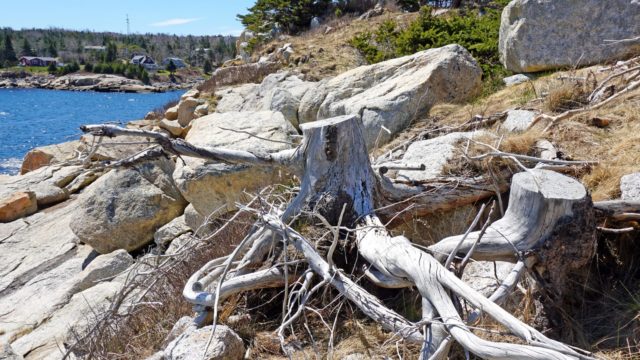A recent ruling at the Supreme Court of Canada could mean taxpayers having to compensate property holders for no longer destroying the environment.
This November, the Alberta Court of Appeal will hear a case brought by a group of related companies (“Altius”) that bought a stake in the Genesee Coal Mine located near Warburg, Alberta. The Genesee Coal Mine supplies coal to an associated power plant near Edmonton.
Altius acquired a stake in the mine a couple of years after the federal Harper government proposed the regulation of coal-fired electricity to address climate concerns. For Altius, the purchase was essentially a gamble that the federal government wouldn’t enact the climate regulations — and it might have paid off, had they not come into play.
To be clear, Altius doesn’t do any of the actual work such as mining coal or generating electricity. Its role is, shall we say, parasitic; it collects royalties when others do those things. The group knew its investment was risky. It even admitted as much when it sold interests to the investing public, stating “the result of the regulations is expected to cause existing power plants to close down.”
Back in 2016, when the Trudeau government announced the phase-out of coal-fired power in Canada by 2030 to address climate change, did Altius chalk up the loss as the price of speculation? Of course not. Instead, they’re suing for $190 million.
What is constructive taking in Canada?
Their argument is simple. Altius claims that the federal phase-out of coal-fired power in Canada amounts to something called constructive taking. Constructive taking (also called de facto expropriation) is when government flexes its regulatory powers to the extent that it deprives an owner of the use and enjoyment of their property.
So, because you soon won’t be able to burn coal in Canada to generate electricity, Altius says their stake in the mine has become worthless.
It gets worse. Part of the group’s demand for payment is based on the argument that the coal regulations will save the federal and Alberta governments money because, guess what? Getting rid of coal-fired power production means lower healthcare costs, increased productivity (i.e. people don’t get sick from toxic pollution, so they take less time off work), and fewer climate disasters.
That’s right, Altius is apparently doing us all a solid and looking to get paid for it. The first judge to hear the case made short work of this argument. A Dutch court rejected similar claims by European power companies on the basis that the risks of climate regulations were clear to anyone with a pulse.
That should be settled then, right? Sadly not.
What is the Annapolis decision?
In the 2022 Annapolis decision (a similar “constructive taking” case still working its way through the courts), Justice Brown ruled that compensation may be triggered (in part) where the government gains an “advantage” from regulation. That could mean anything from saving money on healthcare to avoiding climate disasters. In other words, his ruling leaves the door wide open for corporations to claim they’re handing value over to governments and should be duly compensated.
When municipalities and other governments are faced with enforcing climate regulations, but know they can’t cough up millions in compensation, what will they do? This expanded definition of constructive taking holds taxpayers and public authorities hostage.
This fall, the Supreme Court is poised to hear another “constructive taking” case in an appeal out of Newfoundland. That appeal focuses on the amount of compensation due to the Lynch family, whose use of their property is limited by long-standing regulations to protect drinking water quality. Are we really paying people to not pollute one of their city’s vital watersheds?
Governments and land use regulations
As an Ecojustice lawyer, my team and I are working to safeguard governments’ ability to regulate land use for environmental good — without paying out huge sums. On November 9, we’ll appear before the Alberta Court of Appeals in the aforementioned Altius case, and on November 16 we’ll once again make submissions before the Supreme Court of Canada in the matter of Lynch v. St. John’s.
People in Canada face enough as it is, what with deadly weather, rising pollution, and the ongoing loss of nature. We don’t need another threat — certainly not one dreamt up by greedy property owners to squeeze governments when they’re only trying to do the right thing.




